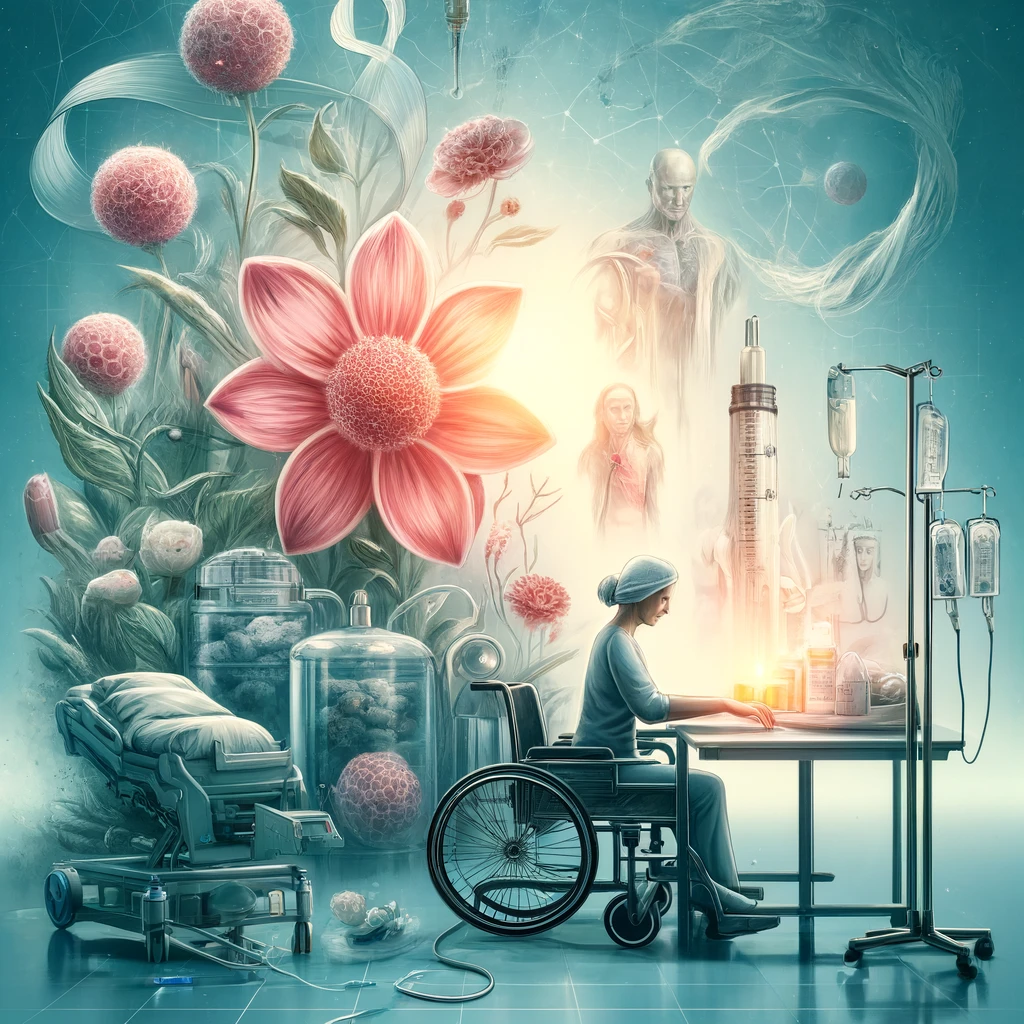What does cancer feel like?
-
Blog
-
Add to favorites
-
Join our community in exploring insightful stories, tips, and experiences that inspire and inform. The iMedix Blog is your go-to destination for connecting with others and enriching your health knowledge.
-
Questions:372
-

Cancer is an umbrella term encompassing a vast group of diseases characterized by uncontrolled cell growth and reproduction. During the development of cancer, a single cell undergoes changes and initiates an endless replication process, giving rise to numerous offspring.
To date, over 100 types of cancer have been identified, typically named after the organ from which they originate. For example, a primary lung tumor is referred to as “lung cancer.” Further classification may be based on the specific tissue type, such as “squamous cell lung cancer,” which originates from the squamous epithelium lining the bronchial lumen. This detailed classification is crucial for selecting appropriate treatment methods.
Cancers can be categorized as solid tumors, forming a mass, or hematopoietic and lymphatic system tumors (hemoblastosis), which initially manifest as systemic diseases involving multiple organs. For instance, leukemia originates from bone marrow cells and circulates throughout the body via the bloodstream.
Classically, the term “cancer” refers to lesions derived from the epithelium of the skin or mucous membranes.
Under normal circumstances, cell division occurs consistently and ceases or slows down when the need for new cell formation diminishes. However, in the case of cancer, cells divide autonomously, accumulating mutations that cause them to lose their original functions and prioritize reproduction. Over time, these abnormal cells absorb nutrients, grow, and multiply, eventually displacing normal cells and acquiring the ability to invade surrounding tissues and metastasize throughout the body.
The onset of cancer (oncogenesis) results from DNA mutations, or violations in the cell's genetic code, caused by external factors (such as carcinogenic substances or oncogenic viruses) or occurring during natural cell division.
Cancer is, therefore, a genetic disease stemming from damage to specific genes. These genetic alterations can be inherited from parents, as seen in family histories of breast, ovarian, or colon cancer. However, they most commonly occur randomly (“sporadic mutations”) throughout an individual's life.
In conclusion, understanding the origins and development of cancer is essential for early detection and effective treatment. As the field of oncology continues to evolve, so too will our ability to combat this complex disease.
-
Cancer
-
Add to favorites
-
Cancer is a disease caused by the mutating cells in the body. Oncological tumors or carcinomas are divided into benign and malignant. Both of them are dangerous, but malignant tumors pose a major threat.
-
Questions:
-
-
Oncology
-
Add to favorites
-
Questions:
-
Please login or register to post a comment